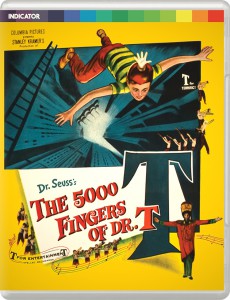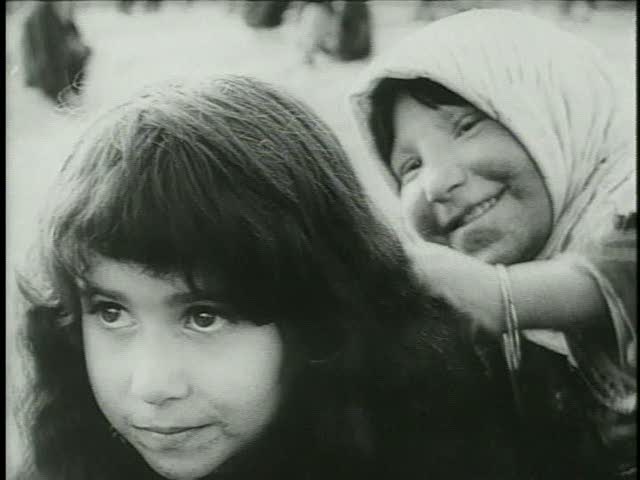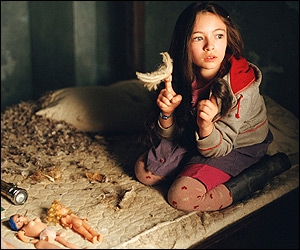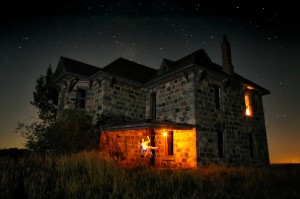From Cinema Scope #73, Winter 2017/2018. — J.R.

Circa 1978, while I was living in a San Diego suburb and teaching a film course, I wrote a letter to Dr. Seuss (Ted Geisel), who lived in another San Diego suburb, inviting him to come to my class and talk about The 5,000 Fingers of Dr. T (1953), which he co-wrote and helped to design—an eccentric and lavish fantasy musical that has been one of my favourite ‘50s movies ever since I saw it at age ten on Times Square during its initial release, but a colossal commercial flop that was notoriously difficult to research. By way of answering my letter, Geisel phoned me one afternoon and cordially explained to me why he didn’t want to come to my class. This movie takes the form of a ten-year-old boy’s nightmare, and for Geisel, the whole experience of working on it remained a total nightmare for him for several reasons, which he described to me at some length.
The project grew out of his friendship with screenwriter Carl Foreman in the US Army Signal Corps during World War II, and their shared friendship or acquaintance with Stanley Kramer; the trio planned to make a movie together when the war was over, with Foreman directing. Read more
My fourth bimonthly column for Cahiers du Cinéma España, this ran in their December 2007 issue (no. 7). — J.R.

I’ve been reflecting lately about the attractions and perils of internationalism, which bring up the matter of the attractions and perils of nationalism as well. As a child of the Paris Cinématheque (1969-74) who had to see most silent films there without intertitles, following Henri Langlois’ vision of cinema as a universal language, I was both charmed and awed when I met an Argentinian schoolteacher, in Mar del Plata in 2005, who told me about the network of small-town ciné-clubs in Córdoba he helped to run that projected DVDs of such films as Forugh Farrokhzad’s The House is Black (1962) and Kira Muratova’s Chekhov’s Motifs (2002) with Spanish subtitles for 800 or more viewers per week. A utopian undertaking in which quintessential Iranian and Russian films became available to rural Argentinians, this conjured up for me Langlois’ notion of cinema as a separate nation in its own right. So when several Chilean journalists at the Valdivia International Film Festival asked me last October what I thought of the Chilean film industry, the question sounded as weird as my asking a Chilean visiting Chicago what he or she thought of the American postal system. Read more
From the Chicago Reader (October 20, 2006). — J.R.

Terry Gilliam reportedly walked off The Brothers Grimm, washing his hands of the Weinstein brothers, to make this more personal tale, which he and Tony Grisoni adapted from a Mitch Cullin novel. Hallucinatory and extremely unpleasant, it involves a nine-year-old girl who loses her junkie parents (Jeff Bridges and Jennifer Tilly) and sets off for crazed adventures in rural Texas, conversing with various rodents and a collection of dolls’ heads and meeting up with a taxidermist witch (Janet McTeer) and her mentally challenged brother (Brendan Fletcher). Enter this diseased Lewis Carroll universe at your own risk. R, 122 min. (JR)
 Read more
Read more




